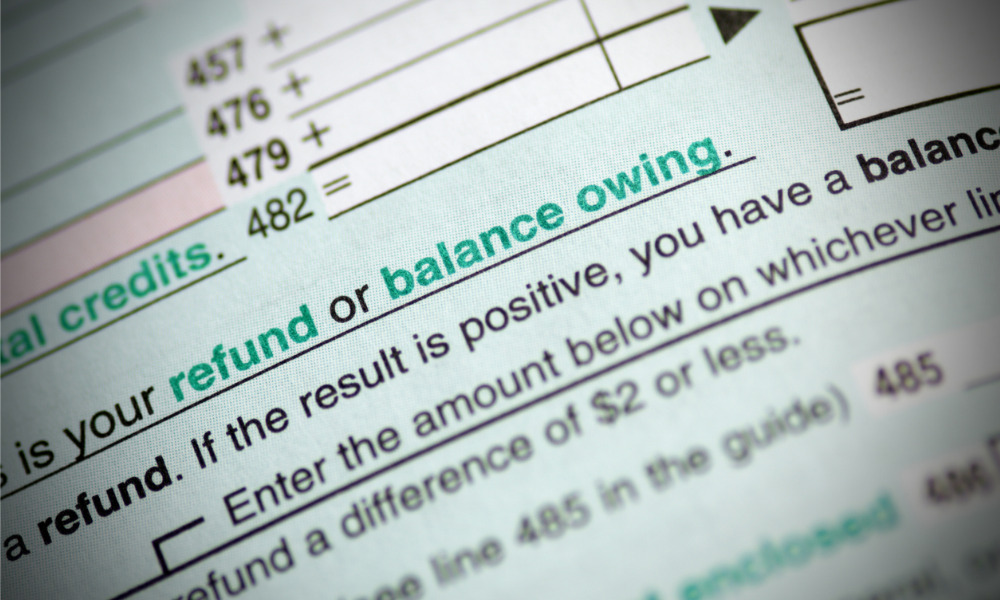‘The federal government should move quickly to put a tax deduction for low-income CERB recipients in place’

Hundreds of thousands of people will be pushed below the poverty line if urgent changes are not made by Ottawa, according to the Canadian Centre for Policy Alternatives (CCPA).
That’s because more than 200,000 people who received the Canada Emergency Response Benefit (CERB) will face higher taxes.
While the CERB offset lost income for the poorest 10 per cent of families, there will still be 422,000 families who received the benefit and remain below the Market Basket Measure (MBM) poverty line — 208,000 because they owe taxes on the CERB.
“Put another way, CERB-related taxes, owed well after they received the benefit, will be the reason why they’ll remain below the poverty line. Those CERB recipients who are living below the poverty line will owe $232 million in taxes on the CERB by April 30,” says CCPA senior economist David Macdonald, in his analysis.
“The federal government should move quickly to put a tax deduction for low-income CERB recipients in place,” he says. “The benefits of offsetting taxes and lifting more than 200,000 people out of poverty far outweigh the marginal costs of such a measure.”
When the CERB program ended, the Canada Recovery Benefit came into effect to provide weekly cash assistance, along with the CRCB and the Canada Recovery Sickness Benefit (CRSB).
For people who received the CERB, no tax was withheld when payments were issued. If they received the CRB, CRSB or CRCB, a 10 per cent tax was withheld at source.
Back in February, the Workers’ Action Centre called for the emergency benefits to be extended until the end of 2021.
Tax deductions?
The CRA and Service Canada processed more than 27 million CERB applications, totaling more than $81 billion in payments to Canadians.
Among the CCPA’s findings:
- People living below the MBM poverty line will owe $232 million in income taxes on the CERB by April 30, and 208,000 will be pushed below the poverty line because they owe taxes on CERB.
- The poorest 20 per cent to 39 per cent of Canadians, on average, maintained their income level while on the CERB despite job losses, even after taxes are taken into consideration.
- The top 60 per cent of Canadians lost more income from job losses than what the CERB offset.
The CCPA recommends the government implement a deduction from total income targeted to low-income Canadians that would offset taxes owed on the CERB. The group says this would be preferable to a non-refundable tax credit as that would only apply to federal, not provincial, income taxes owed.
“The government can, and should, relieve the stress for low-income Canadians who almost certainly didn’t save those critical CERB dollars for taxes when they lost their jobs. Instead, they likely spent that money on essentials like rent and groceries,” says Macdonald. “This would reduce the taxes owed from $14.4 billion to $14 billion — a relatively small amount in the grand scheme of the program.”




